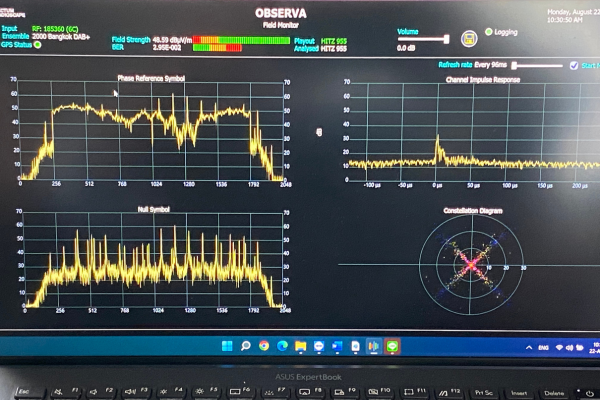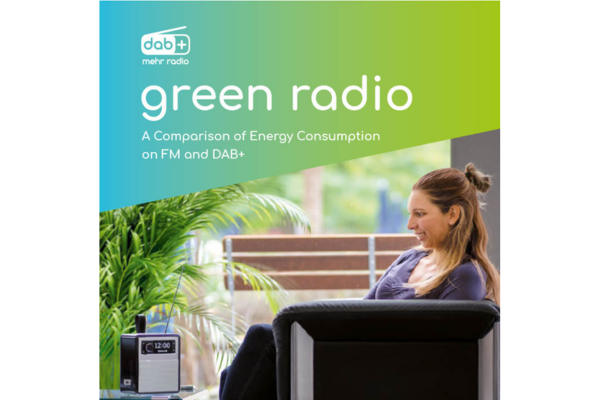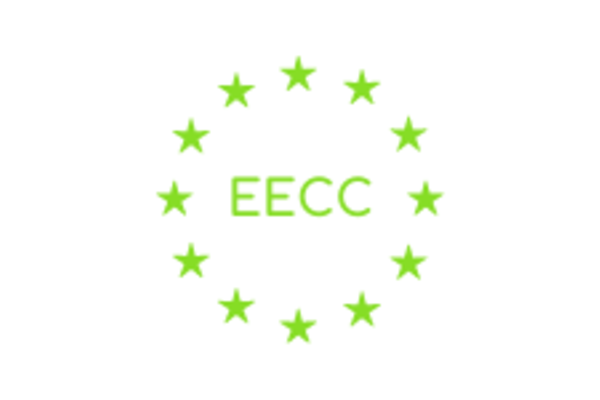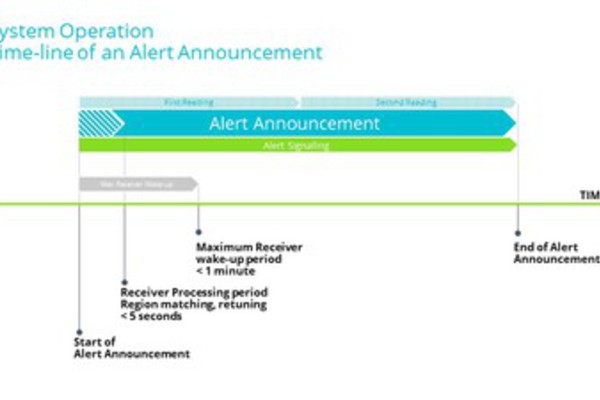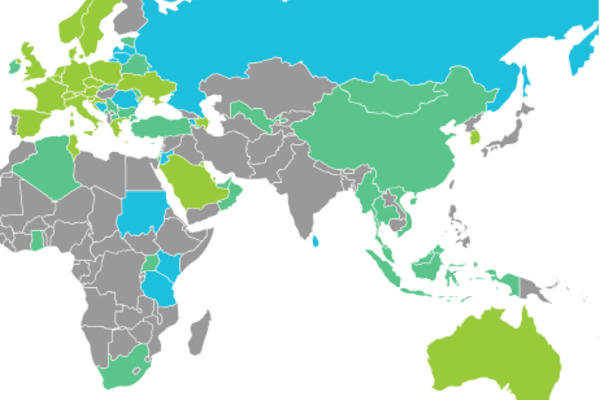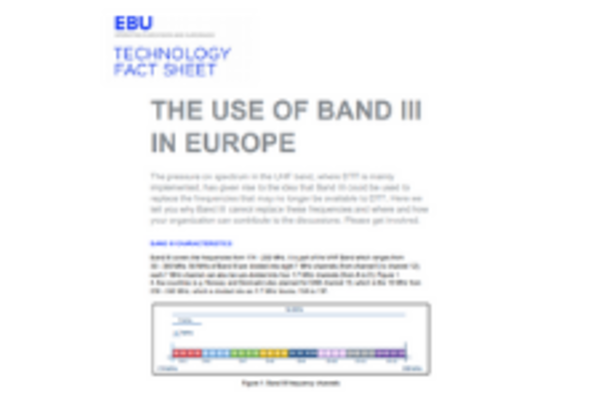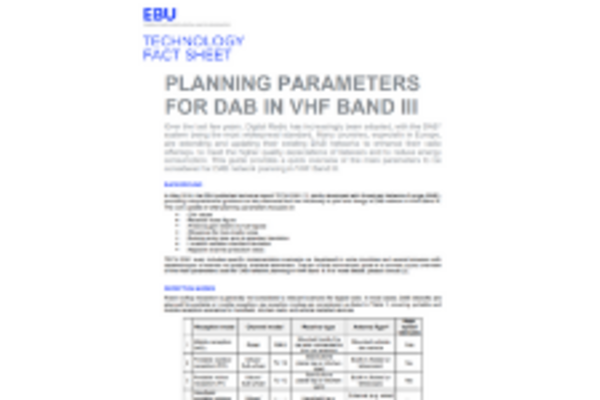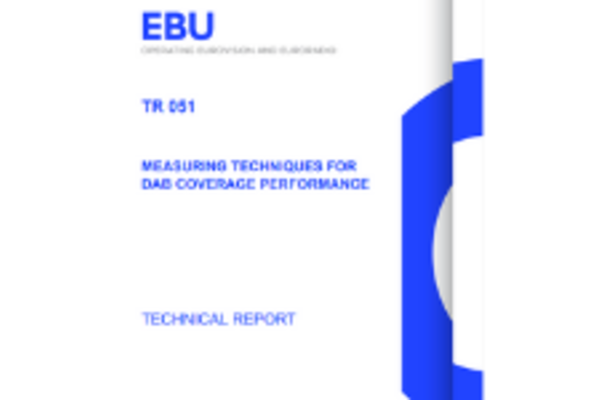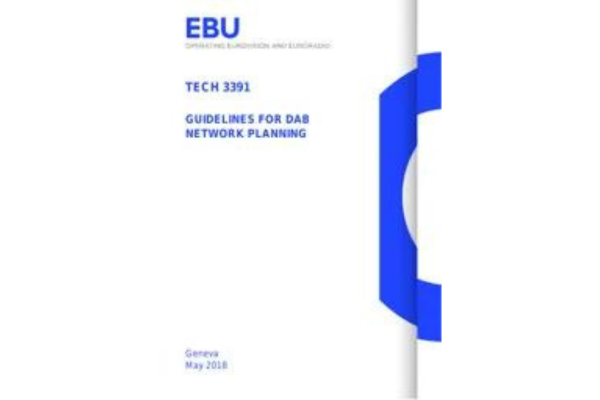Factsheets and reports
Guide to a successful field trial
“DAB+ digital radio: a guide to a successful field trial” covers all aspects of undertaking a trial including: Motivation; Stakeholder engagement; Regulatory and licensing; Equipment; Technical aspects including drive testing for coverage checks and feature testing; and How to conclude field trials activities. The guide sets out that field trials provide valuable opportunities for radio stakeholders to experience DAB+.
Read moreGreen radio - a comparison of energy consumption on FM and DAB+
The Bavarian Regulatory Authority BLM and public broadcaster, Bayerischer Rundfunk (BR) compared energy consumption of broadcasting and receiving radio programmes via FM and DAB+. BR would save around 75% per station and Antenne Bayern would save 85% in energy if audio services were broadcast exclusively via DAB+.
Read moreUnderstanding the environmental impact of DAB
In radio, the growth of digital is changing the way that audio is transmitted and consumed. The migration from analogue to digital is a gradual process and this presents broadcasters with both challenges and opportunities as they seek to achieve their sustainability goals.
Read moreGlobal receiver regulations factsheet, including EECC
The European Electronic Communications Code (EECC) entered into force on 20 December 2018, and must have been transposed into national legislation by Member States by 21 December 2020. It applies to all EU member states regardless of the status of DAB in each country. This means that since the end of 2020, across all EU countries, all radios in new cars must be capable of receiving and reproducing digital terrestrial radio. Some other countries also have receiver regulation mandating DAB+ in receivers.
Read moreDAB+ for emergency broadcasting and warnings
The DAB+ emergency warning feature – Alarm Announcement Switching (AAS) - enables real time messaging to alert communities of emergency and recovery situations by providing the ability to redirect DAB+ receivers to play out a predefined radio service which delivers emergency information, advice and directions.
Read moreCountry factsheets
Country factsheets provide an essential guide for the automotive industry on what to expect to receive via digital radio in-car. They aim to raise awareness about what services are on-air on DAB+ today from commercial and public broadcasters. Information provided includes audio, text and visual information from each station, and what broadcasters expect a receiver to show on the screen in the car, or on an in-car DAB aftermarket device.
Read moreIs 5G a viable solution for radio?
As the development of 5G continues to progress, its potential to successfully support and maintain radio broadcast is increasingly being researched. Drawing on expert opinion, this factsheet aims to inform readers on the potential implications of 5G for radio, and whether it presents a viable solution for radio broadcasting. The document introduces and defines key terminology around 5G, as well as a number of functionality concepts regarding the use of 5G for radio including access, service reliability, transmitter power, frequencies and signal distance.
Read moreEBU - USE OF BAND III
The pressure on spectrum in the UHF band, where DTT is mainly implemented, has given rise to the idea that Band III could be used for DTT instead. This guide tells you why this is NOT the case and how you can contribute to the discussions.
Read moreEBU - PLANNING PARAMETERS FOR DAB IN VHF BAND III
Over the last few years, Digital Radio has increasingly been adopted, with the DAB system being the most widespread standard. Many countries, especially in Europe, are extending and updating their existing DAB networks to enhance their radio offerings, to meet the higher quality expectations of listeners and to reduce energy consumption. This guide provides a quick overview of the main parameters to be considered for DAB network planning in VHF Band III.
Read moreEBU - MEASURING TECHNIQUES FOR DAB COVERAGE PERFORMANCE
The topics covered in this report pertain to DAB coverage measurement. The reasons why such measurements may be necessary are discussed in depth, along with the technical prerequisites required before these measurements are made. Various use cases for measuring DAB network coverage are presented; for each use case the techniques, measuring parameters and requirements are described. Further, the requirements for the measuring equipment and its operation are discussed.
Read moreEBU - GUIDELINES FOR DAB NETWORK PLANNING
This strategic report provides guidance on key elements necessary to plan and design a DAB network. The term DAB applies to both DAB and DAB+, but where there are differences between the systems, they are explained. This report provides guidance on key elements that are necessary to plan and design a DAB network. No information on the overall transmitter network planning process has been included as this is specific to country situations and constraints and it can be found in other documents, e.g. TR 021. The latest release of the DAB standard only covers the VHF band, which includes Bands I, II and III. In this report only Band III is considered.
Read moreNorway – one year after FM switch-off
This report summarizes the Norwegian radio market - focusing on the results after the FM switch-off and lessons learned from the digitization process in general. The report was compiled with the support of the Norwegian broadcasters, NRK (public service), P4 Group (a part of Nordic Entertainment Group) and Bauer Media Norway.
Read moreMarket insights - digital radio, EBU Media Intelligence Service
This report (2020) highlights the status of DAB / DAB+ in 31 markets and 30 countries where digital radio services are available. The report aims to help radio industry stakeholders plan their digital radio strategies and support their advocacy initiatives and efforts to bring terrestrial digital radio to their territories.
Read more
